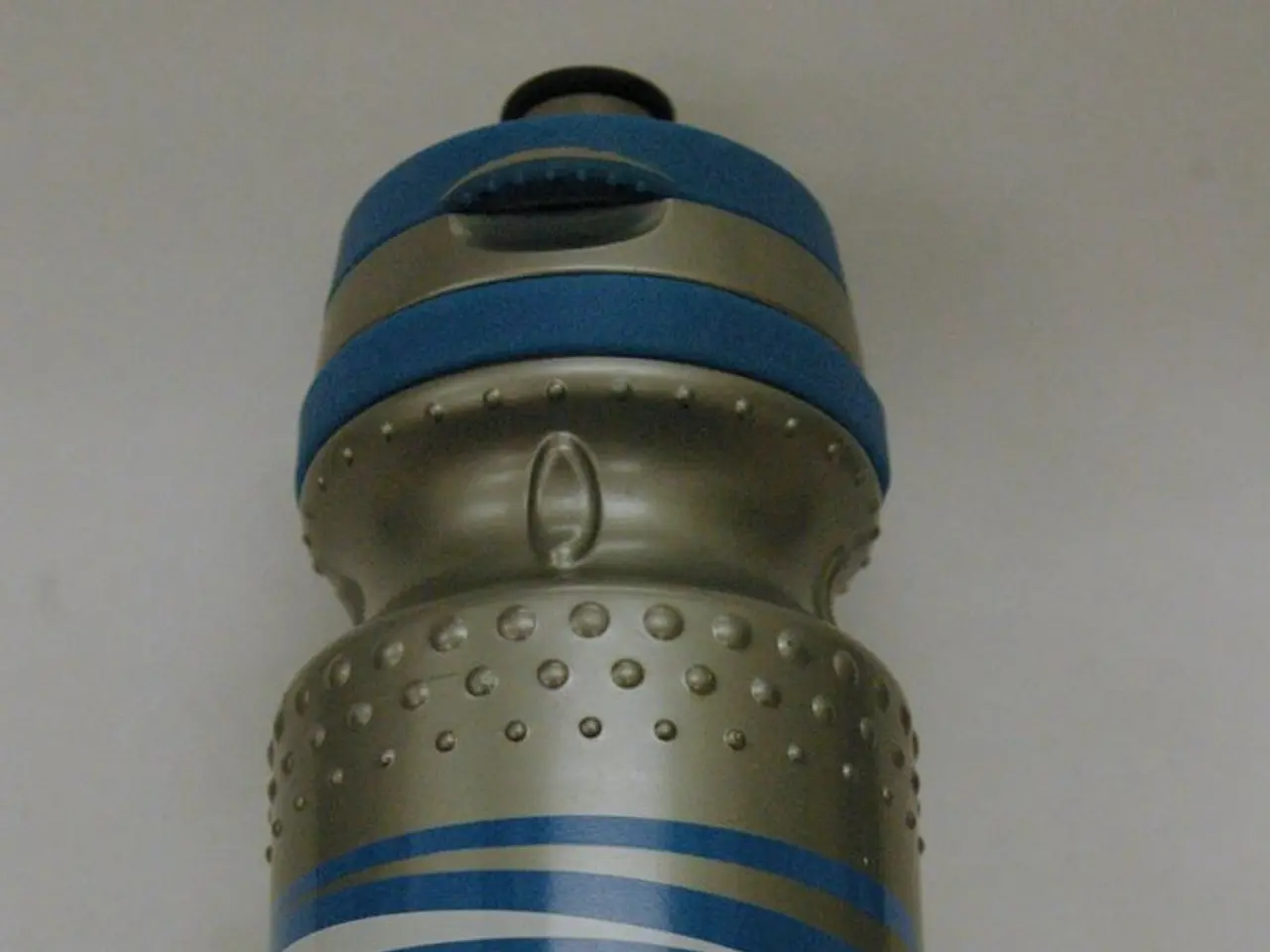Government agency NSTC pours NT$1.4 billion into medical and agricultural sectors
Taiwan's semiconductor innovation program, under the NT$200 billion Taiwan Chip-based Industrial Innovation Program (Taiwan CBI), is making significant strides in the medicine, agriculture, and AI industries. Here's a look at some of the specific developments:
Medicine
- Multi-gene Cancer Screening Biochips: These cutting-edge chips are designed to simultaneously detect multiple genes related to cancer, improving diagnostic efficiency and accuracy.
- Early Atrial Fibrillation Detection Chips: These chips are being developed to detect atrial fibrillation early, enabling timely intervention and treatment.
- Digital Therapeutics for Parkinson's Disease: Semiconductor technology is being leveraged to create digital therapeutics that can monitor and manage Parkinson's disease symptoms more effectively.
Agriculture
- Poultry House Management Robots: Integrating semiconductor technology into robotics is improving poultry farming efficiency and health monitoring.
- Plant Disease and Pest Detection Systems: Sensor components and ICs are being used to rapidly identify diseases and pests in agricultural settings, facilitating timely interventions.
- Drug Residue Detection Chips: These chips are being designed to detect residues of drugs in agriculture, aquaculture, and livestock, ensuring safer food production.
AI
While specific AI-related technologies are not detailed in the current initiatives, the broader approach to semiconductor innovation supports the development of advanced AI systems. This includes the creation of more efficient logic ICs and sensor components that can be used in AI applications, such as smart manufacturing and intelligent systems. The focus on AI will likely involve AI-driven manufacturing processes and smart sensors that can support AI in various industries.
Taiwan's partnership with the U.S. in tech and innovation, as highlighted in events like the Taiwan Expo USA 2025, may also contribute to advancements in AI and semiconductor technologies through collaborative research and development.
Government Support and Collaboration
- The National Science and Technology Council (NSTC) has invested NT$1.4 billion into semiconductor research.
- The Ministry of Economic Affairs is developing platforms for the use of the chips.
- The NSTC-funded chip research has already added NT$100 million of value to targeted sectors.
- The investments have added an additional NT$100 million of value to the targeted sectors.
- The NSTC has facilitated academic and industry cooperation in chip design.
- The Ministry of Agriculture and Ministry of Health and Welfare are tasked with establishing certification systems, professional education, and easing the introduction of new technologies.
- The next phase of the investment will focus on applying novel technologies.
- The government expects to allocate another NT$100 million to the policy next year.
- The Office of Science and Technology Policy Deputy Executive Director is Lu Pei-jung.
The semiconductor innovation policy is a five-year plan that is a key part of President William Lai's agenda to spur the growth of an artificial intelligence (AI) industry and improve healthcare in Taiwan. The products of this cooperation are currently in the initial stages of research and development.
- The health and wellness sector could benefit from advancements in data and cloud computing, as the semiconductor innovation program is developing digital therapeutics for Parkinson's disease, a potential use case for artificial intelligence.
- In the realm of medical-conditions, the semiconductor innovation policy is focusing on the creation of dentification chips for early atrial fibrillation detection, leveraging technology to enable timely intervention and treatment.
- To foster the growth of the AI industry, the government is investing in semiconductor research, with a focus on creating more efficient logic ICs and sensor components, contributing to the development of AI systems in various industries, including smart manufacturing and intelligent systems.




